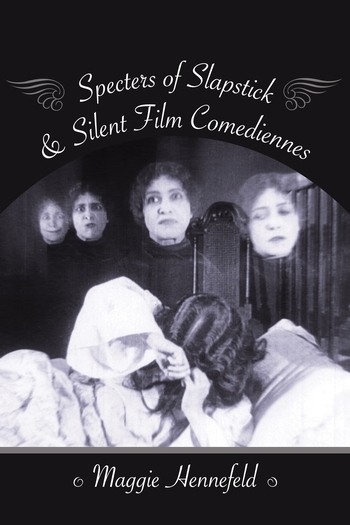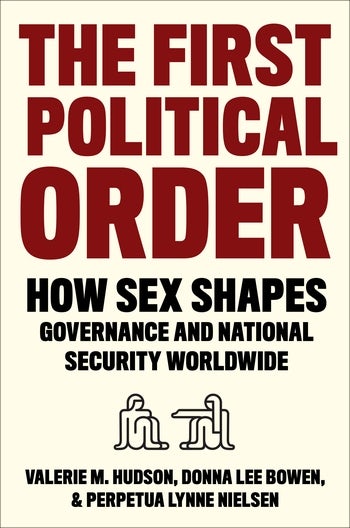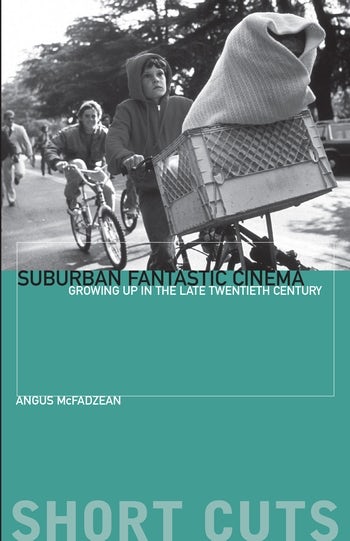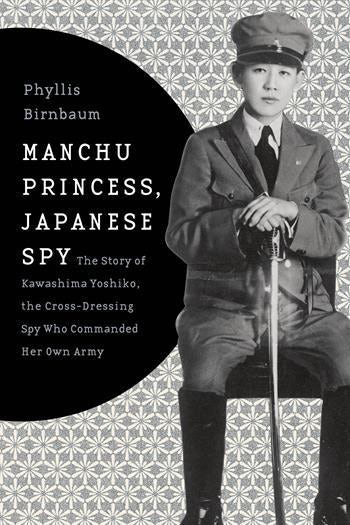Media RoundUp and Excerpts! Books in Film, Media, and Museum Studies Authored By Women
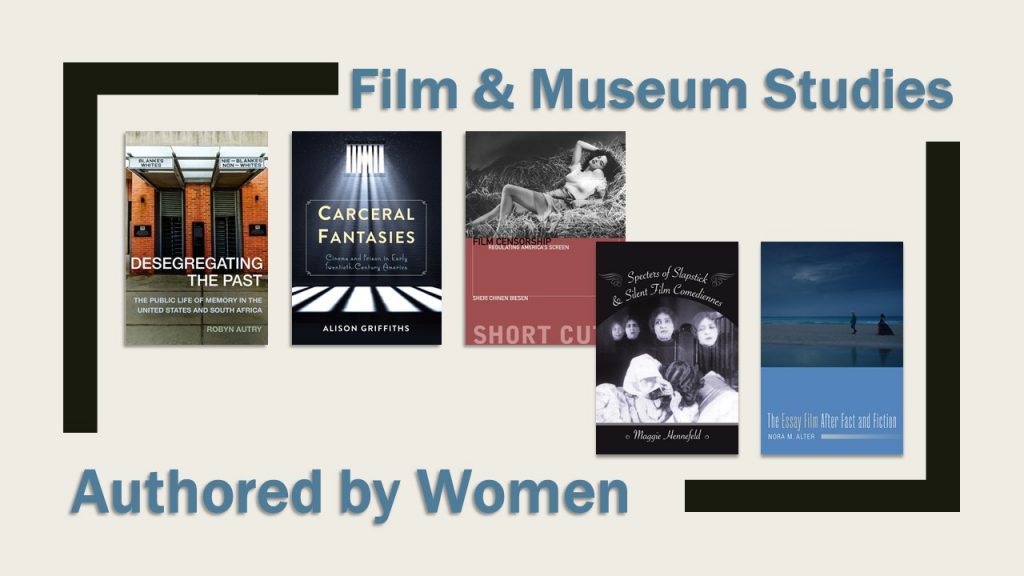
It’s the last day of Women’s History Month and your last chance to enter our drawing to win any of the titles featured in this month’s celebration.
This afternoon we’re providing media roundups and excerpts of film and museum studies books authored by women. From a discussion on the gender politics in Hollywood to curating content for museums, these books are sure to complete your film studies library.
• • • • • •
Film and Museum Studies
Specters of Slapstick and Silent Film Comediennes
Maggie Hennefeld
Specters of Slapstick and Silent Film Comediennes reveals the gender politics of comedy and the comedic potentials of feminism through close consideration of hundreds of silent films.
From the CUP Archive
Film Censorship is a concise overview of Hollywood censorship and efforts to regulate American films. It provides a lean introductory survey of U.S. cinema censorship from the pre-Code years and classic studio system Golden Age—in which film censorship thrived—to contemporary Hollywood. From the earliest days of cinema, movies faced controversy over screen images and threats of censorship.
In the News
From the CUP Archive
Read an Excerpt
Robyn Autry consults museum archives, conducts interviews with staff, and recounts the public and private battles fought over the creation and content of history museums. Despite vast differences in the development of South African and U.S. society, Autry finds a common set of ideological, political, economic, and institutional dilemmas arising out of the selective reconstruction of the past.
From the CUP Archive
A groundbreaking contribution to the study of nontheatrical film exhibition, Carceral Fantasies tells the little-known story of how cinema found a home in the U.S. penitentiary system and how the prison emerged as a setting and narrative trope in modern cinema.
The Essay Film After Fact and Fiction
Nora M. Alter
The Essay Film After Fact and Fiction locates the genre’s origins in early silent cinema and follows its transformation with the advent of sound, its legitimation in the postwar period, and its multifaceted development at the turn of the millennium. In addition to exploring the broader history of the essay film, Alter addresses the innovative ways contemporary artists such as Martha Rosler, Isaac Julien, Harun Farocki, John Akomfrah, and Hito Steyerl have taken up the essay film in their work.
Categories:Book ExcerptFilmMedia Roundup
Tags:Alison GriffithsCarceral FantasiesCensorshipCinema StudiesDesegregating the PastFilm CensorshipHollywoodMaggie HennefeldNora M. AlterRobyn AutrySheri Chinen BiesenSpecters of Slapstick and Silent Film ComediennesThe Essay Film After Fact and Fictionwomen's history month

